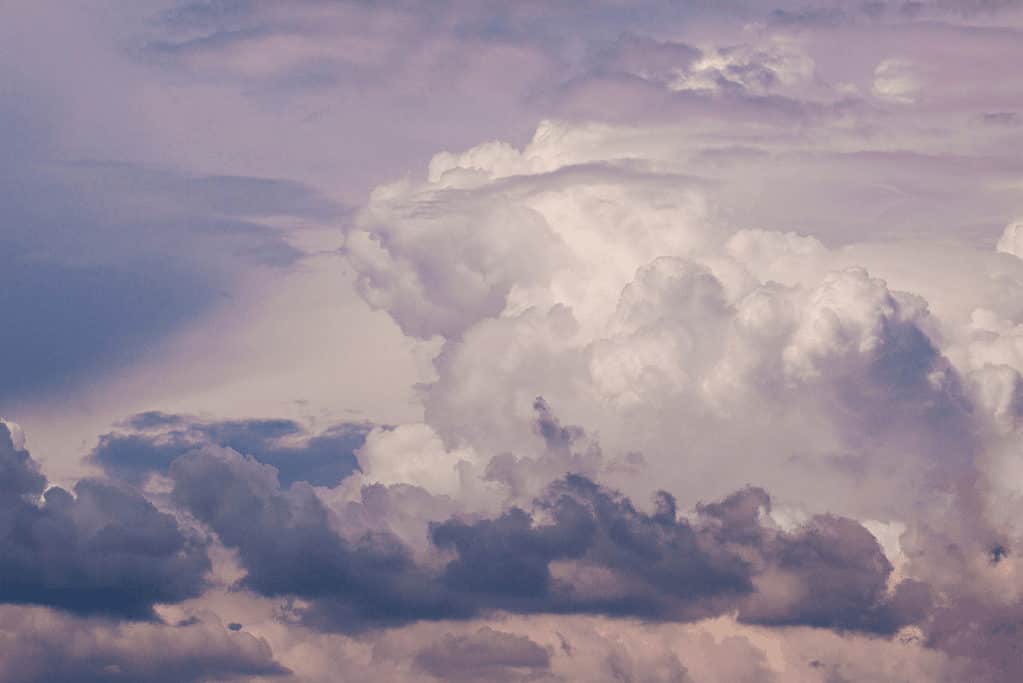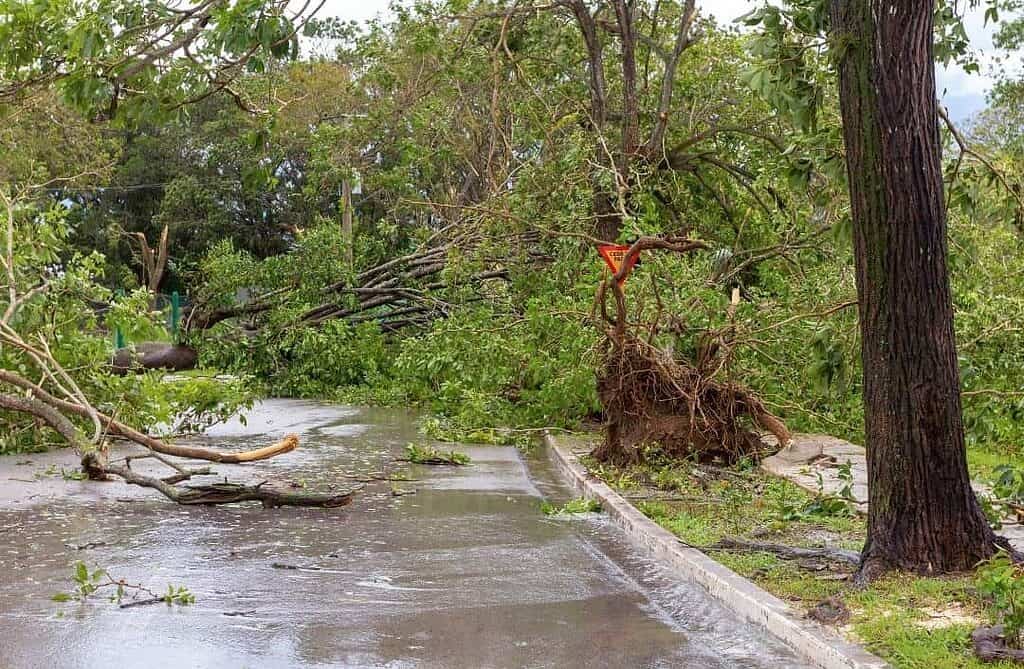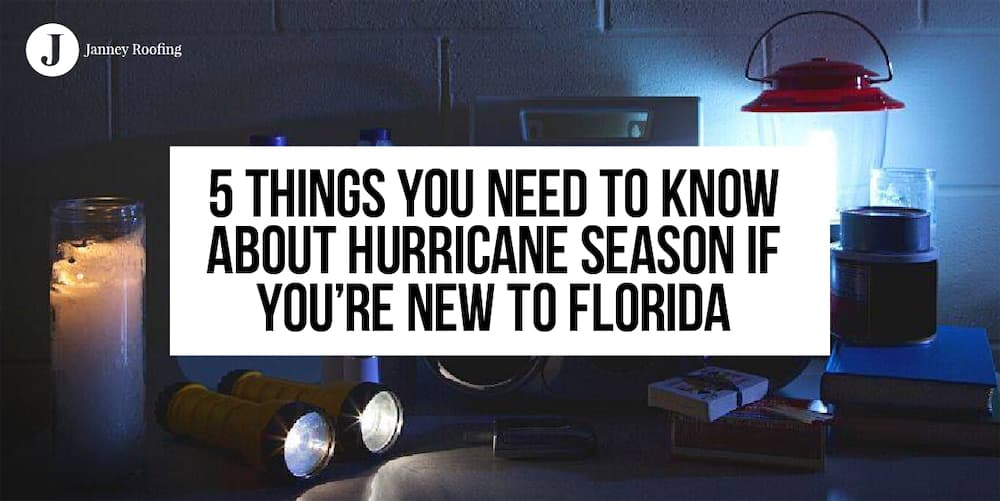Are you excited about your big move to Florida? Welcome, we’re glad you’re here! So many people from all over the country took the changes of the past year as the push they needed to move to Florida. But, as much as we love The Sunshine State, it can have a dark side.
Hurricane season is not just about the hurricanes. The chances of a direct hit in your area are pretty low. But, there is a variety of severe weather that can occur during the six months of hurricane season. The best way to enjoy The Sunshine State during this tough season is to be prepared. Here are five things you need to know about hurricane season if you’re new to Florida.
1. Hurricanes are not the only thing to be concerned about
Early in hurricane season we Floridians will most likely get ready for the first few named storms, and if we are lucky, they will pass us by. But even if a hurricane or tropical storm does pass us by, there can still be severe weather. Tornadoes are a big concern because of the movement of a tropical storm or hurricane. Strong winds can cause debris and trees to fail. And heavy rain can cause flooding in some areas.

It’s okay to breathe a sigh of relief if a storm is not predicted to directly impact Florida, but keep an eye on the weather updates to stay alert about other severe weather that could come as a result.
2. The reason you need food and water and batteries is in case of loss of power
You’re probably going to see lots of news stories and resources talk about the importance of having a supply of non-perishable food and water. Three days worth of food and water is recommended. This is because of the probability of power outages. Even if a storm does not directly hit our area, trees and limbs can fall of power lines. Other damage in the area can create a loss of power.
Shop early for non-perishable foods so you have more variety from which to choose. It’s a good idea to get storage containers to keep your food. Some seasoned Floridians mark June 1st every year by going through their supplies and refreshing anything that is becoming outdated. Then at the end of Hurricane Season, November 30th, you can go back through your supplies and have fun using up any food that needs to be used before next season, or donate it to a local food pantry.
3. Familiarize yourself with your home’s potential for flooding so you can determine if you need sand bags.
When you purchased your home you probably went through so much information it was overwhelming. Take some time now to familiarize yourself with your area’s potential for flooding. Homeowners Insurance does not cover flood damage. You’ll need to take steps to protect your home as much as possible. If flooding is probable be sure to research where your city or county distributes sand bags, how, and when. You can also create your own sandbags. You’ll also want to invest in some waterproof storage containers for any valuables. Plan ahead and determine elevate places at which you can store any valuables in case of flooding.
Talk to your neighbors about their past experiences. Use this special time when you’re new in the neighborhood as an easy reason for getting to know your neighbors. Find out what they’ve experienced in this neighborhood during past Hurricane Seasons so you can get an idea of what to prepare for.
4. Get to know alternative routes in your neighborhood and local area.
Since you are new in town, take some time now to get to know alternate routes for getting around. After a major storm has cleared and it is safe to do get on the road you may find trees, tree limbs, and other debris making it difficult to drive your normal route. So keep in mind how to get around. Whether you need to head somewhere you’re used to, or an unfamiliar place like a shelter, it will be much less stress on yourself if you’ve already familiarized yourself with how to get around.

5. Check to make sure your roof can weather the severe storms.
Double-check the structural integrity of your roof now before the storms come. The one thing that makes you feel the most secure in your home is knowing you have a good roof over your head. We’ll come by to take a good look and truly inspect the status of your roof. Even the tiniest leak or damage can become a major issue during hurricane season. It takes just one severe storm to create a costly repair.
Want some more help getting prepared? Click to download our Hurricane Season checklist.
Visit JanneyRoofing.com to get your free inspection, or sign up for our Hurricane Priority List so we can be there for you as soon as the storm is through.

